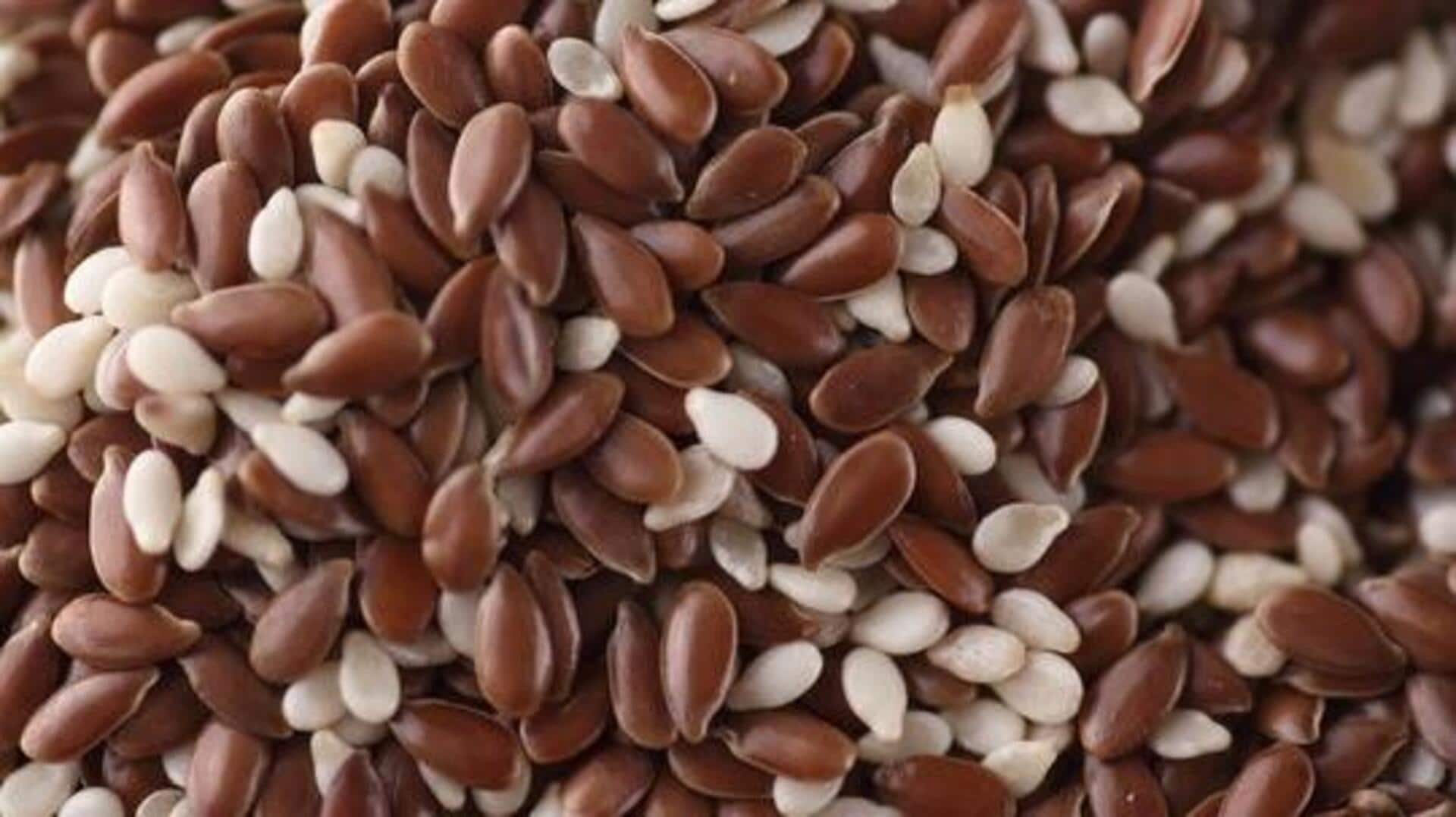
Benniseed: A versatile ingredient for your daily meals
What's the story
Benniseed, popularly known as sesame seeds, is a staple ingredient in many African cuisines. The tiny seeds are packed with nutrients and lend a unique flavor to the dishes. From traditional recipes to modern twists, benniseed can be used in a variety of ways to amp up your meals. Here are five creative ways to use benniseed in your cooking.
Tip 1
Benniseed oil for cooking
Benniseed oil is a popular cooking oil in many African countries. It has a high smoke point, which makes it ideal for frying and sauteing. The nutty flavor of the oil enhances the taste of vegetables and grains. Using benniseed oil instead of regular oils can add a distinct taste to your dishes while providing health benefits such as lowering cholesterol levels.
Tip 2
Benniseed paste as a spread
Benniseed paste, or tahini, is made by grinding sesame seeds into a smooth consistency. This paste makes for an excellent spread on bread or crackers and can also be used as a base for sauces and dressings. Its creamy texture and rich flavor make it an ideal alternative to butter or margarine.
Tip 3
Roasted benniseed toppings
Roasting benniseeds brings out their natural oils and intensifies their flavor profile. Roasted benniseeds can be sprinkled over salads, soups, or desserts for an added crunch and nutty taste. They also make for a nutritious topping, packed with protein, fiber, and essential minerals.
Tip 4
Benniseed milk as a dairy alternative
Benniseed milk is prepared by blending soaked sesame seeds with water and straining the mixture. This dairy-free alternative is perfect for those who are lactose intolerant or vegan. Benniseed milk can be consumed on its own or added to smoothies and cereals for extra nutrition without altering the flavor too much.
Tip 5
Incorporating benniseeds into baked goods
Adding whole or ground benniseeds into baked goods like bread or cookies gives them texture and depth of flavor. The seeds also contribute healthy fats that keep baked items moist while adding nutrients like calcium, magnesium, iron, zinc, copper, manganese, selenium, vitamin B1 (thiamine), vitamin B2 (riboflavin), vitamin B6 (pyridoxine), folate (vitamin B9), pantothenic acid (vitamin B5), and protein content per serving size consumed regularly over time.